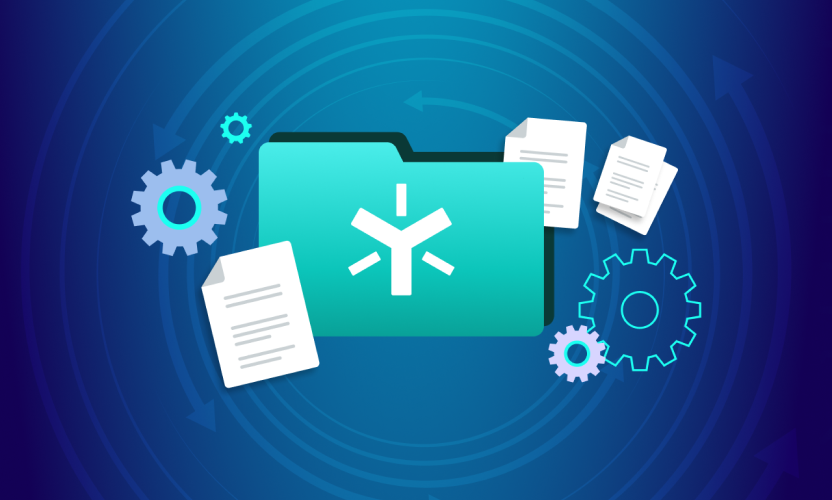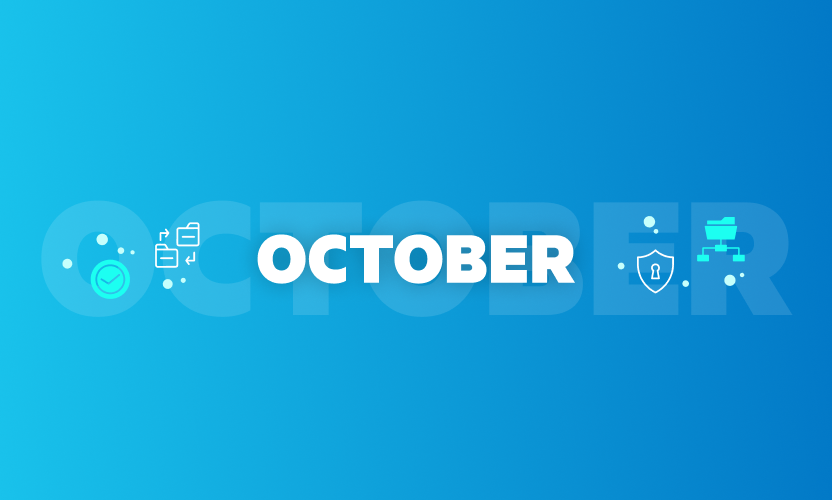
Five Antidotes: Combating Chronic Digital Distraction
It’s very easy to lose precious hours to digital distractions. You grab your smartphone to make a quick call before a meeting, only to see that you’ve received 47 new emails, 10 LinkedIn requests and just as many Facebook notifications. As you scan your inbox, you get a text from a friend. Before you know it, you’re not only late to your meeting, but you also forgot to make your call.Entrepreneurs who weren’t in business before smartphones can hardly grasp just how significantly these devices have impacted the way we work and relate to others. Consider this: People with smartphones now spend nearly three hours per day on their devices, and one in four spends more time socializing online than in person.

Smartphones are great tools, but it’s easy to see how they can reduce productivity and diminish the quality of our relationships. Now more than ever, it’s incredibly powerful to be able to pull yourself offline, collect your thoughts and deliver. In fact, it’s often in these moments of isolation that we get our best ideas.Twitter and Square co-founder Jack Dorsey puts in eight hours a day at both companies, yet he still takes weekends off to hike, reflect and focus on strategy. Evan Williams, co-founder of Blogger, Twitter and Medium, leaves the office in the middle of the day to go to the gym.These two people were instrumental in shaping our hyper connected lives, yet they understand the importance of stepping away from the screen to refocus, improve productivity and find clarity. I discovered a number of useful “hacks” in the pre-smartphone era that I still find useful to this day:1. Carry a notebook.I’m not talking about a laptop. Rather than use your phone to take notes -- which increases the chances you’ll be distracted by a random notification -- jot down ideas on paper. Not only will you be able to collect and store your thoughts in a distraction-free place, but writing notes by hand is also better for learning and retention.2. Unplug for meetings.Just as people used to “take the phone off the hook” at dinnertime, you should leave your laptop and smartphone behind for important meetings. Eliminating the potential distraction of texts, emails and calls allows you to give the people in the room your undivided attention and have more meaningful conversations.3. Talk to people over the phone or in person.People today would much rather shoot off an email to a potential business connection than take the time to pick up the phone or schedule an in-person meeting. Unfortunately, studies show that online communication diminishes people’s ability to feel empathy and trust, both crucial factors for building strong relationships. Although having a face-to-face conversation takes longer, it’s worth the investment.4. Give out business cards.When it comes to making a lasting impression, I’ve found that business cards are much more effective than simply typing a name into a contact list. Not only can a unique business card provide visual reminders about who you are, but there’s also a good chance it will sit on a connection’s desk or stay tucked in his pocket long after your initial meeting.5. Prioritize your schedule.Nowadays, many rely on their smart devices to get work done at home and on the go. This can be helpful, but I’ve found that making a list of the most important tasks for the day and completing them before leaving the office leads to much better work quality. It also prevents rushing or trying to finish things on the fly, which may lead to a subpar final product.You don’t need to go off the grid to benefit from a smartphone-lite lifestyle. Just unplug for a few hours each day. By doing so, you’ll find that you’re clearheaded, more productive and experiencing richer interactions with the people around you. It can be tough to stop texting, tweeting and emailing at first, but after a while, your digital dark hours will feel like mini-vacations in the middle of the day.*The original post appeared in Entrepreneur.






